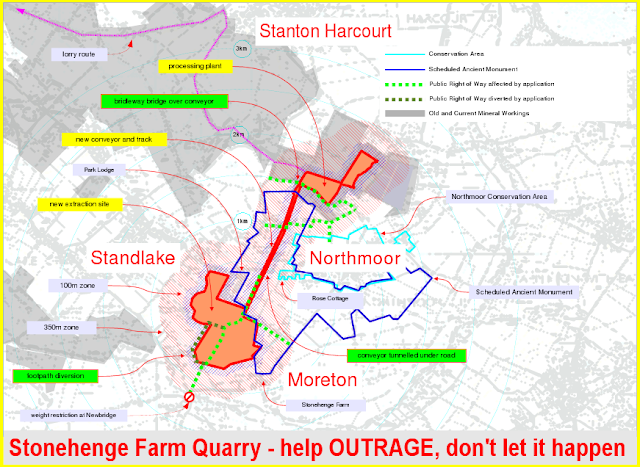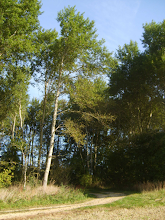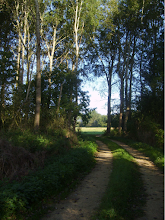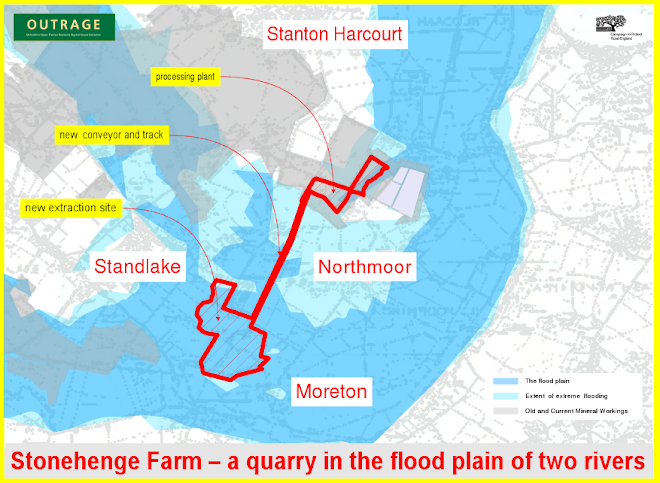The OCC Cabinet Meeting of 19 October 2010 considered as agenda item 7 a preferred spatial strategy for mineral working as part of the new Minerals and Waste Development Framework.
For Sand and Gravel they decided to continue to concentrate extraction in the existing working areas - in effect the old Strategic Resource Areas that have plagued us for the last 60 years.
Here is what Julie Hankey, Chair of OUTRAGE, said in her three-minute address to the OCC Cabinet:
For Sand and Gravel they decided to continue to concentrate extraction in the existing working areas - in effect the old Strategic Resource Areas that have plagued us for the last 60 years.
Here is what Julie Hankey, Chair of OUTRAGE, said in her three-minute address to the OCC Cabinet:
As Chairman of OUTRAGE I speak from the perspective of residents in the Lower Windrush Valley - one of the strategic resource areas (SRAs) that has supplied the county's gravel since the second world war, and the one that has been the most heavily dug. With approximately 1,200 acres of the valley under water, the cumulative impact of gravel extraction has reached a critical point. Despite this, it is now proposed that for the foreseeable future gravel extraction should continue to be concentrated in the existing SRAs.
We have just emerged from a lengthy Appeal which has given yet more of what little is left of the Lower Windrush Valley to a gravel operator. The Inspector accepted that these particular fields and footpaths were 'a haven for residents and visitors alike and a refuge from the mineral industry in the rest of the valley'. But he decided it had to go. The landbank and your SRA policy tilted the playing field against us.
It suits every part of the County outside the old strategic resource areas that this policy should continue. But it flies in the face of the government's policy of localism. It is a top-down approach, an imposition by you on us. The essence of localism is that people and communities should be able to shape their own neighbourhoods. The SRA policy makes that impossible for some of us, and it will restrict choice and flexibility within the industry.
In any case it won't work. It won't ensure a steady supply of sand and gravel. The flow of applications, already limited by your existing boundaries, will meet with fierce opposition. These areas have been dug for too long. Residents have had enough.
The arguments in favour of SRAs are skewed and self-serving. You speak of reedbeds and landscape-scale restoration. We see the loss of existing biodiversity and landscape-scale destruction. You speak of infrastructure and efficiency. We see increasing distances from the road network and longer and longer conveyors.
We can ensure good practice in relation to these issues without SRAs. We don't need them. Each application site is supposed to be judged on its own merits. But if in practice, the SRA policy lowers the bar, then that itself is an injustice. We remember the reason you gave in favour of the SRA policy at the Examination in Public of the Oxfordshire Structure Plan: it 'avoids the need for lengthy detailed examination of site options across the whole county in preparing the MWDF'. In other words, we suffer for your convenience.
The only policy that is both just and in accordance with the policy of localism is the one favoured by the industry itself: the policy of free dispersal, without boundaries. Decisions will go one way or the other, but at least the fight will be fair.
















